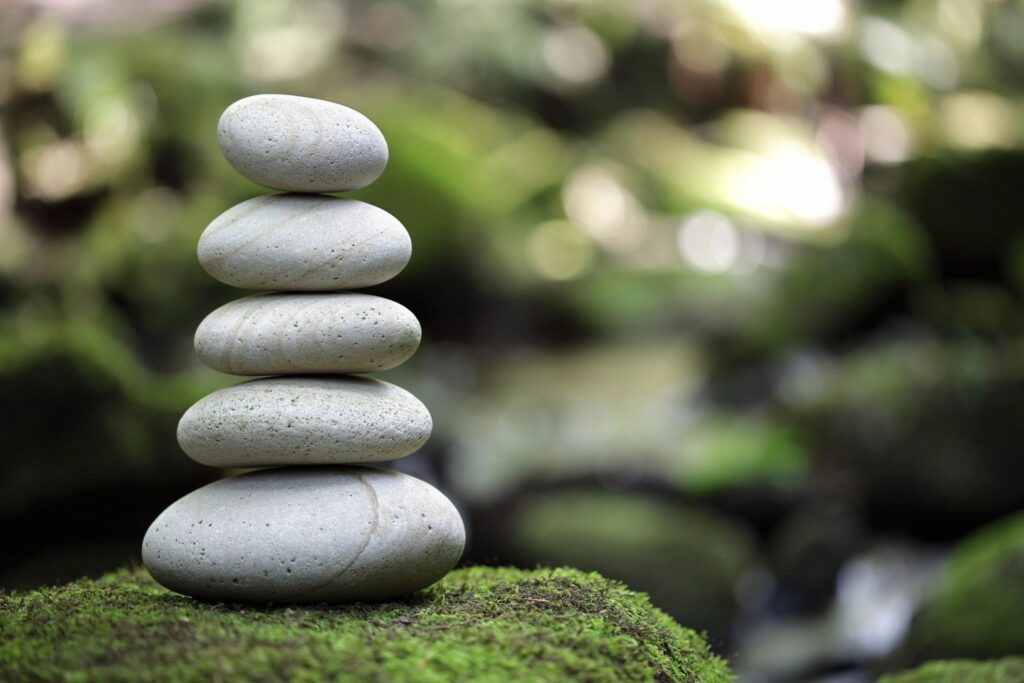
Rituals are an essential part of a dog’s life. Just like humans thrive on routine and structure, dogs are highly attuned to patterns and consistency in their daily lives. These rituals provide them with a sense of security, reinforce their bond with their human companions, and support their physical and mental well-being.
Dogs are creatures of habit. In the wild, their ancestors relied on predictable routines to survive. For example, they would hunt, rest, and socialize at specific times of the day. This ingrained preference for structure has carried over to domesticated dogs, who feel most comfortable when their lives follow a consistent rhythm. When their environment and activities are predictable, dogs can anticipate what will happen next, reducing anxiety and stress.
Dogs also have an incredible ability to associate specific cues with actions or outcomes. For instance, the sound of a leash being picked up signals an upcoming walk, or the clatter of a food bowl might indicate mealtime. These associations are strengthened through repetition, making rituals a key part of how dogs understand and navigate the world.
The Benefits of Rituals for Dogs
1. Security and Stability
Rituals provide a dog with a sense of security. When a dog knows what to expect, it feels safe and confident in its environment. This is particularly important for rescue dogs or those who have experienced trauma. A predictable routine can help them rebuild trust and feel secure in their new home.
For instance, a dog that knows it will be fed at 7 a.m. and 6 p.m. every day does not have to worry about when or if food will come. This predictability alleviates stress and allows the dog to relax.
2. Reinforcement of Training
Consistency is critical in training, and rituals help reinforce desired behaviors. For example, a ritualized bedtime routine might include taking the dog for a final potty break, followed by a calming activity like brushing or a belly rub, and then settling them into their bed. Over time, this sequence signals to the dog that it is time to wind down and sleep.
Similarly, rituals around mealtime can reinforce good manners. Asking a dog to sit and wait before eating teaches patience and self-control, and doing this consistently helps the behavior become second nature.
3. Physical and Mental Stimulation
Rituals that involve physical activity, such as daily walks or play sessions, ensure that dogs get the exercise they need. These activities not only keep them fit but also prevent boredom, which can lead to destructive behaviors.
Mental stimulation is equally important, and rituals can incorporate activities that challenge a dog’s mind. For example, a daily session with a puzzle toy or practicing tricks can keep a dog mentally sharp and engaged.
4. Strengthening the Human-Dog Bond
Rituals are an opportunity to spend quality time with your dog and strengthen your bond. Whether it’s a morning cuddle, an evening walk, or a training session, these shared moments build trust and deepen the connection between you and your pet. Dogs are social animals that thrive on interaction, and rituals provide consistent opportunities for positive engagement.
Examples of Beneficial Rituals
1. Morning Routines
Starting the day with a predictable routine sets a positive tone for both you and your dog. This might include a morning walk, feeding time, and a brief play session. These activities help your dog expend energy and prepare for the day ahead, reducing the likelihood of hyperactive or anxious behavior.
2. Mealtime Rituals
Establishing a ritual around feeding can create a calm and orderly environment. For instance, you might ask your dog to sit and wait while you prepare their food, then give a cue like “Okay” to signal that they can eat. This not only teaches good manners but also reinforces your role as the provider of all good things.
3. Exercise and Play
Regular exercise is vital for a dog’s health and happiness. Setting aside time each day for walks, fetch, or other physical activities ensures that your dog’s energy is channeled constructively. Adding rituals to these activities, such as a specific cue for playtime, can make them even more enjoyable and predictable for your dog.
4. Evening Wind-Down
Just as humans benefit from winding down before bed, dogs also appreciate a calming evening routine. This might involve a gentle walk, some quiet time with their favorite toy, or a massage to relax their muscles. Creating a ritual around bedtime helps signal to your dog that it’s time to rest, contributing to better sleep for both of you.
While rituals are beneficial for all dogs, it’s important to tailor them to you and your dog’s individual needs. A high-energy breed like a Border Collie may require more physical activity in their routine, while an older or less active dog might benefit from shorter walks and more mental stimulation. Puppies, on the other hand, thrive on frequent, short bursts of activity interspersed with naps.
Additionally, consider you and your dog’s personalities and preferences. You both may enjoy a structured training session, while others prefer interactive play. Observing your unique situation and adjusting rituals accordingly ensures that they remain effective and enjoyable.
While consistency is key, it’s also important to maintain some flexibility. Life is unpredictable, and there will be times when routines need to be adjusted. Gradual changes, rather than abrupt disruptions, help dogs adapt to new schedules or circumstances. For example, if you need to shift your dog’s feeding time, do so incrementally over several days to minimize stress. Or better yet, build this flexibility into your ritual from the start.
Rituals are a cornerstone of a dog’s well-being and building a resilient relationship with your dog. They provide security, reinforce training, ensure physical and mental stimulation, and strengthen the bond between dog and owner. By incorporating meaningful rituals into your daily life, you can create a harmonious and fulfilling world for your canine companion. Remember, the key is consistency, adaptability, and a focus on your dog’s unique needs. With thoughtful rituals, you can enhance your dog’s quality of life and deepen the special connection you share.
